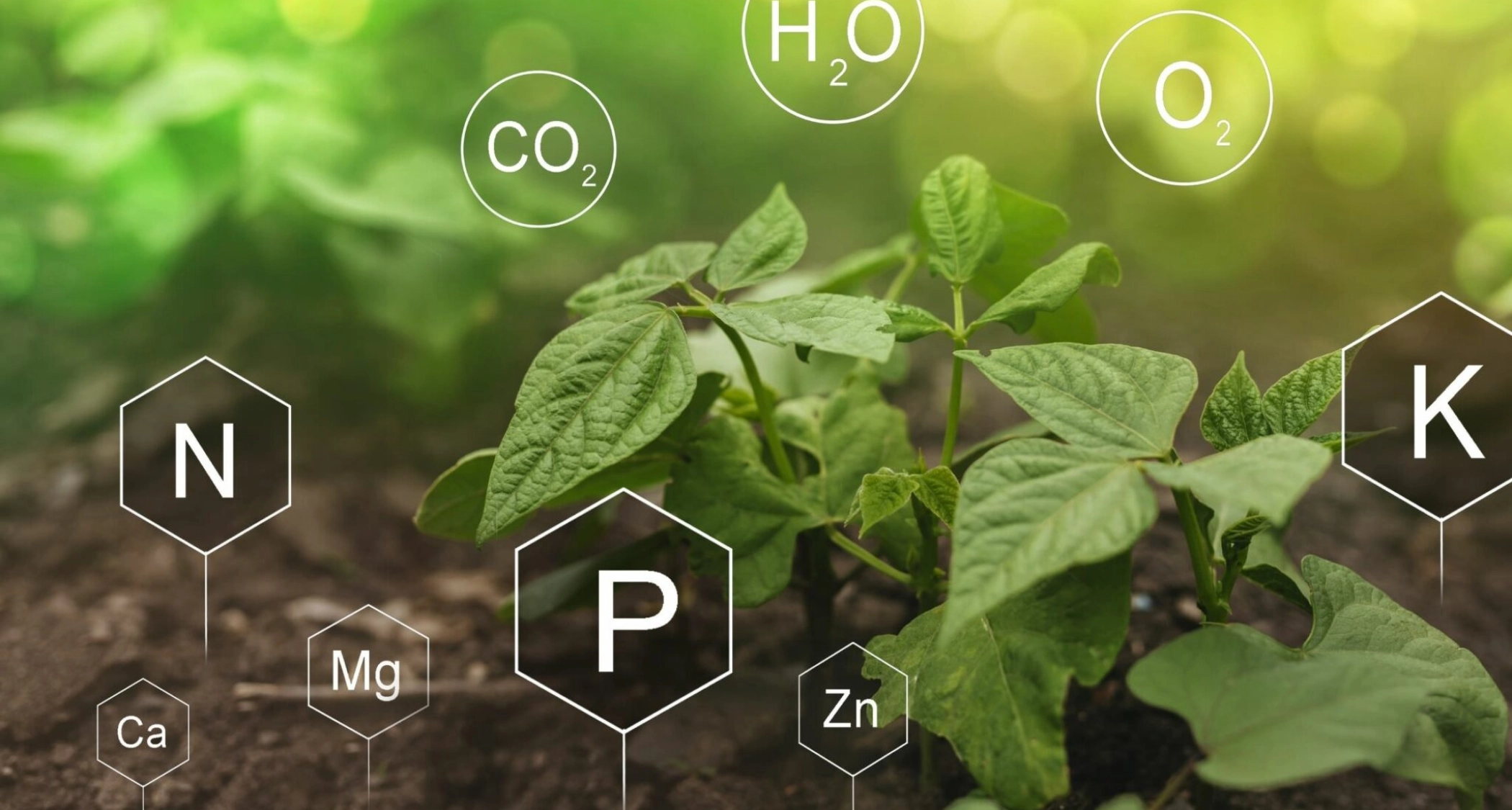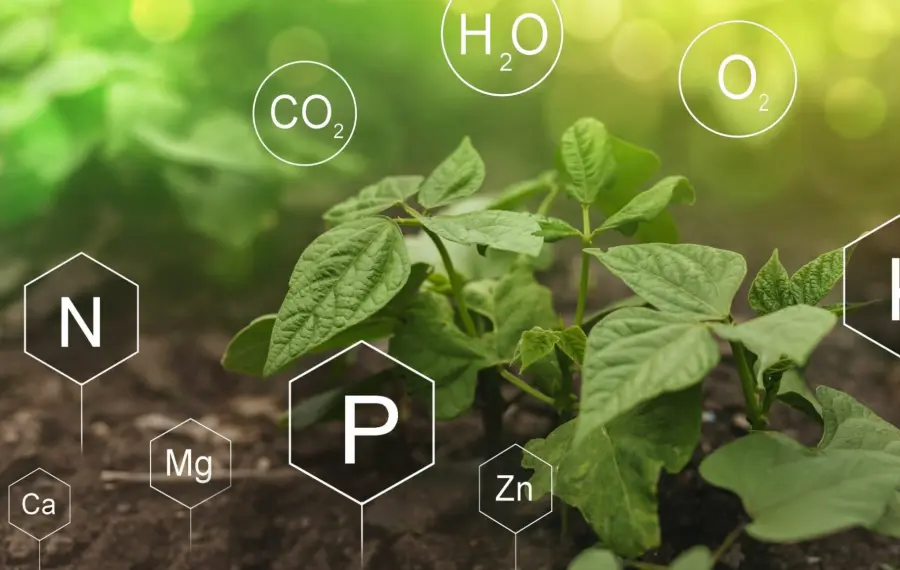

Nutrition, Fertilizer, and Plants. Why is Fertilization Important for Plants?
Every living thing needs food. Humans and animals need food to survive and reproduce, plants also need food to keep growing and producing well. Plants "cook" their food by photosynthesis. But in addition to water, carbon dioxide, and sunlight, plants also need various nutrients or nutrients as "food" to support life. There are 16 essential nutrients needed by plants, which are divided into 2 types, namely macronutrients and micronutrients.
Macronutrients are nutrients that plants need in relatively large amounts. Macronutrients include Carbon (C), Hydrogen (H), Oxygen (O), Nitrogen (N), Phosphorus (P), Potassium (K), Magnesium (Mg), Calcium (Ca), Sulfur (S).
Micronutrients are nutrients that plants need in small amounts. Although only a small amount, this nutrient is very important in supporting physiological processes and plant growth. These micro-nutrients include Molybdenum (Mo), Boron (B), Copper (Cu), Iron (Fe), Manganese (Mn), Zinc (Zn), Silicon (Si).
In addition to the elements C, H, and O, plants get most of the nutrients they need from the soil in which they grow. The elements C, H, and O are obtained by plants from water and carbon dioxide in the air, while other macros and micronutrients are obtained from the decomposition or weathering of mineral rocks in the soil. Each of these nutrients has a different function in supporting plant survival. Therefore, if we want plants that grow healthy and produce optimally, it is very important to meet the needs of these macro and micronutrients.
Basically, the soil already has all the nutrients that plants need to grow. However, the amount of nutrients available in the soil is limited, and it takes a long time for these nutrients to be available again naturally. In agricultural and plantation cultivation areas, in particular, the rate of absorption of nutrients from the soil is higher than the rate of providing these nutrients naturally. So in reality, nature is not able to meet all plant needs for these nutrients by itself. Therefore, we need input in the form of fertilizer. With the provision of sufficient fertilizer, we can still meet the needs of plants in accordance with the number of nutrients needed. Even though, say, the soil we plant is not fertile, by applying fertilizer, the plant's nutrient needs will still be met so that it can grow and produce optimally.
With the intensification of agricultural lands and plantations for plant cultivation, the need for fertilizers as a source of plant nutrition becomes increasingly important. Because the faster and more nutrients are absorbed by plants and "lost" from the soil, it requires fast nutrient input to be able to balance the needs of plants, especially in the next planting cycle. This is where the role of fertilization is very important, namely to provide nutrients faster and at the right time for plants so that plants can grow and produce as expected.
Macronutrients are nutrients that plants need in relatively large amounts. Macronutrients include Carbon (C), Hydrogen (H), Oxygen (O), Nitrogen (N), Phosphorus (P), Potassium (K), Magnesium (Mg), Calcium (Ca), Sulfur (S).
Micronutrients are nutrients that plants need in small amounts. Although only a small amount, this nutrient is very important in supporting physiological processes and plant growth. These micro-nutrients include Molybdenum (Mo), Boron (B), Copper (Cu), Iron (Fe), Manganese (Mn), Zinc (Zn), Silicon (Si).
In addition to the elements C, H, and O, plants get most of the nutrients they need from the soil in which they grow. The elements C, H, and O are obtained by plants from water and carbon dioxide in the air, while other macros and micronutrients are obtained from the decomposition or weathering of mineral rocks in the soil. Each of these nutrients has a different function in supporting plant survival. Therefore, if we want plants that grow healthy and produce optimally, it is very important to meet the needs of these macro and micronutrients.
Basically, the soil already has all the nutrients that plants need to grow. However, the amount of nutrients available in the soil is limited, and it takes a long time for these nutrients to be available again naturally. In agricultural and plantation cultivation areas, in particular, the rate of absorption of nutrients from the soil is higher than the rate of providing these nutrients naturally. So in reality, nature is not able to meet all plant needs for these nutrients by itself. Therefore, we need input in the form of fertilizer. With the provision of sufficient fertilizer, we can still meet the needs of plants in accordance with the number of nutrients needed. Even though, say, the soil we plant is not fertile, by applying fertilizer, the plant's nutrient needs will still be met so that it can grow and produce optimally.
With the intensification of agricultural lands and plantations for plant cultivation, the need for fertilizers as a source of plant nutrition becomes increasingly important. Because the faster and more nutrients are absorbed by plants and "lost" from the soil, it requires fast nutrient input to be able to balance the needs of plants, especially in the next planting cycle. This is where the role of fertilization is very important, namely to provide nutrients faster and at the right time for plants so that plants can grow and produce as expected.







